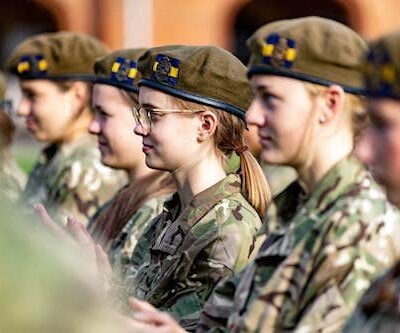E-learning and innovation
This week has seen further developments in the College’s e-learning and innovation initiative. Teachers are assessing ways in which emerging technologies can be used to allow pupils to follow new, exciting routes towards their learning targets, both in and beyond the classroom.
The scheme is being led by Assistant Head, Curriculum, Mr Gilbert who comments that “modern technologies have the potential to transform learning in the school. By embracing these technologies we are encouraging pupils to think differently about their learning; finding exciting, engaging new ways to improve their target outcomes”. Mr Gilbert stresses that to be successful the learning must still come first; paradoxically the learning in ‘e-learning’ should come before the ‘e’.
At Eastbourne the ‘e’ does not just mean ‘electronic’. Mr Gilbert stresses that “the emphasis is not on ‘e-teaching’ which would simply mean the digitising of resources and making them accessible online. We are seeking ways to make pupil learning exciting, energetic, enthusiastic, emotional, extended, excellent and educational”.
Teachers are working hard to look at specific ways in which mobile devices, cloud computing, Apps, web-based resources and online collaboration can be specifically embedded into programmes of study and schemes of work. Concurrently, the school is working hard to future-proof its network infrastructure to ensure that the College is e-enabled for years to come.
Students can expect to see teachers making much more use of these innovative technologies in the classroom, in sports and in the creative arts. Once the framework for implementation is complete, the College hopes to be able to fully support pupil use of these new technologies to enrich and enliven their learning.
Mr Gilbert highlights the wider benefits the project will bring. “Through the College’s e-learning strategy we will be developing every pupil’s digital literacy. Suitably directed e-learning encourages appropriate online behaviours and relationships: good digital citizenship, e-safety, self-discipline and better global citizenship”.
Further reports on the e-learning initiative will appear here soon.








